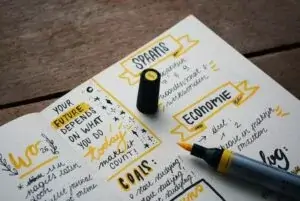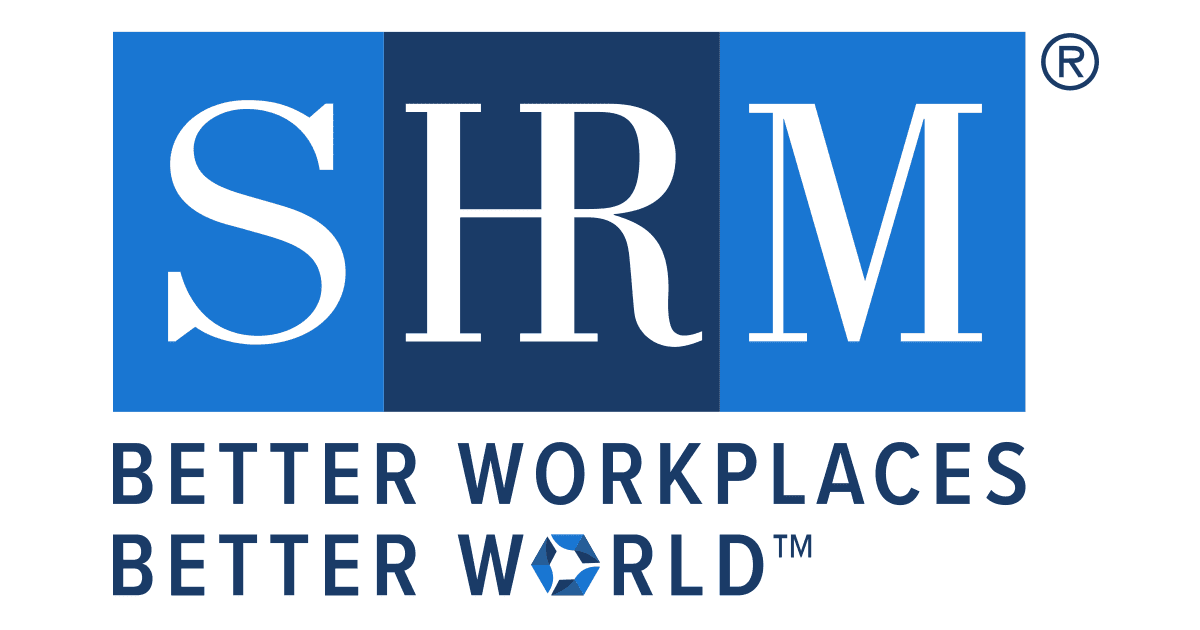Current Recruitment Trends of Note
While hiring and recruitment have always been an evolving landscape, since 2020, the changes have been far more extreme and frequent. As companies and employees adjust to pandemic life, HR teams will continue to see a shift in the way they recruit, interview, and hire. With 2022 here, the team at Whitman Associates, Inc. has explored what your company should know about new hiring trends in the coming year. Check out this overview of the top seven trends your HR team should be ready to accommodate.
1. Economy Growth with a Constrained Labor Force
Economies are growing, but they’re facing the biggest labor shortage seen in decades. Despite inflation and rising costs of living, wages and working conditions aren’t always following suit. Some companies are working to correct this with higher salaries for all positions, but others are choosing a different path. One hiring trend includes companies relaxing their hiring criteria in an effort to attract more potential employees. Still, other companies are focusing on improving benefits with better perks, like student loan debt assistance, higher-quality health insurance, and additional paid time off.
2. Hybrid Work Environments
Most offices transitioned to a work-from-home model in 2020, but even with decreasing COVID cases, many have opted to continue operating remotely or adopt a hybrid approach. Some businesses are even using work-from-home as an additional incentive for potential employees! Many employees prefer working from home or a hybrid environment because it cuts their commute, reduces stress, helps them focus, and provides more flexibility to meet the demands of their job.
Most interviewees are now expecting their preferences for the ideal office environment to become a regular part of the interview and hiring process. Hiring trends indicate the need to accommodate these preferences and provide better remote learning and working tools to ensure your workforce is happy, productive, and collaborative.
3. On-the-Job Training
This used to be a regular hiring trend in the pre-80s era, but at some point, employers started requiring new hires to already possess all the business-critical knowledge for their position. Because of the labor shortage and the need to hire less experienced employees, many businesses are reviving on-the-job training to ensure they can reskill and deploy workers across multiple teams and roles. Some companies prefer outsourcing the education of their employees, encouraging workers to find programs to enhance their education. Once employees find and apply for a specific program, employers may pay for all or some of it.
Those employers working internally to reskill their employees may have to face a few challenges, including deciding which skills are critical for team members to know, developing learning platforms and training modules for each skillset, and integrating new technologies to streamline the learning experience.
4. Internal Talent Marketplace
There is a current recruitment trend to promote from within the organization. So knowing which of your current employees are looking for a career change or wanting to transition to a different department is critical! Create a talent marketplace on an internal platform to ensure that everyone is notified when new opportunities open up within the company. You won’t have to worry about vetting external candidates when you’re choosing from a pool of employees that have already proven their reliability and performance.
In the past, these career development hiring trends used to be standard, but many organizations have let these types of programs lapse due to a number of reasons, including lack of technology to update the database efficiently, an influx of top-quality external candidates, or minimal upward mobility within the work hierarchy.
5. Focus on the Employee Experience
The employee experience is a common term in corporate America that refers to keeping employees engaged and motivated, especially during challenging times. You don’t want essential people leaving because they feel they aren’t being treated fairly! Listening to your employees, identifying problems, and analyzing solutions is the first step towards ensuring you have a quality team that wants to stay put.
Don’t let frequent employee turnover become your next hiring trend! Instead, focus on ensuring your current employees are satisfied with their experience.
6. Refreshing Pay & Bonuses
Employers often try to cut costs by providing employees minimal pay raises and bonuses, but studies show that replacing disgruntled employees is actually more expensive than negotiating with your current team to reach a pay raise solution! Equitable and fair pay are among the most important hiring trends of 2022, and job seekers are more willing than ever to walk away from a position they don’t believe pays fairly. Even current employees are leaving long-held positions when they don’t get the recognition and reward they think they deserve!
If your company wants to win the war for talent, you must focus on fair wages as a recruitment and reward strategy. This hiring trend isn’t affecting the corporate world alone — people in retail, hospitality, manufacturing, and more are all realizing that better wages are far more attractive than an endless list of benefits like gym memberships, ping pong tables, and weekly catered lunches.
7. Revamping HR Technology
Companies that have an internal HR team are finding that their old platforms just can’t keep up with modern recruiting and hiring processes. Your team has to stay up to date with what’s new in hiring trends — from technology to appropriate offers — to ensure they can outperform competitors who are hiring from the same pool. Some HR teams find it easy to rise to the challenge, but more and more companies are relying on staffing agencies to fill in the gaps.
What Changes Will You Be Making?
Are these current recruitment and hiring trends inspiring you to make changes in the way your HR team operates? Whitman Associates, Inc. can help you even more with hands-on support. Get in touch with us if you need assistance with temporary placement, permanent employees, and more!
.header-image{display:none;}























